Walk This Way: How Observant Jews Shop for Real Estate with the Torah in Mind
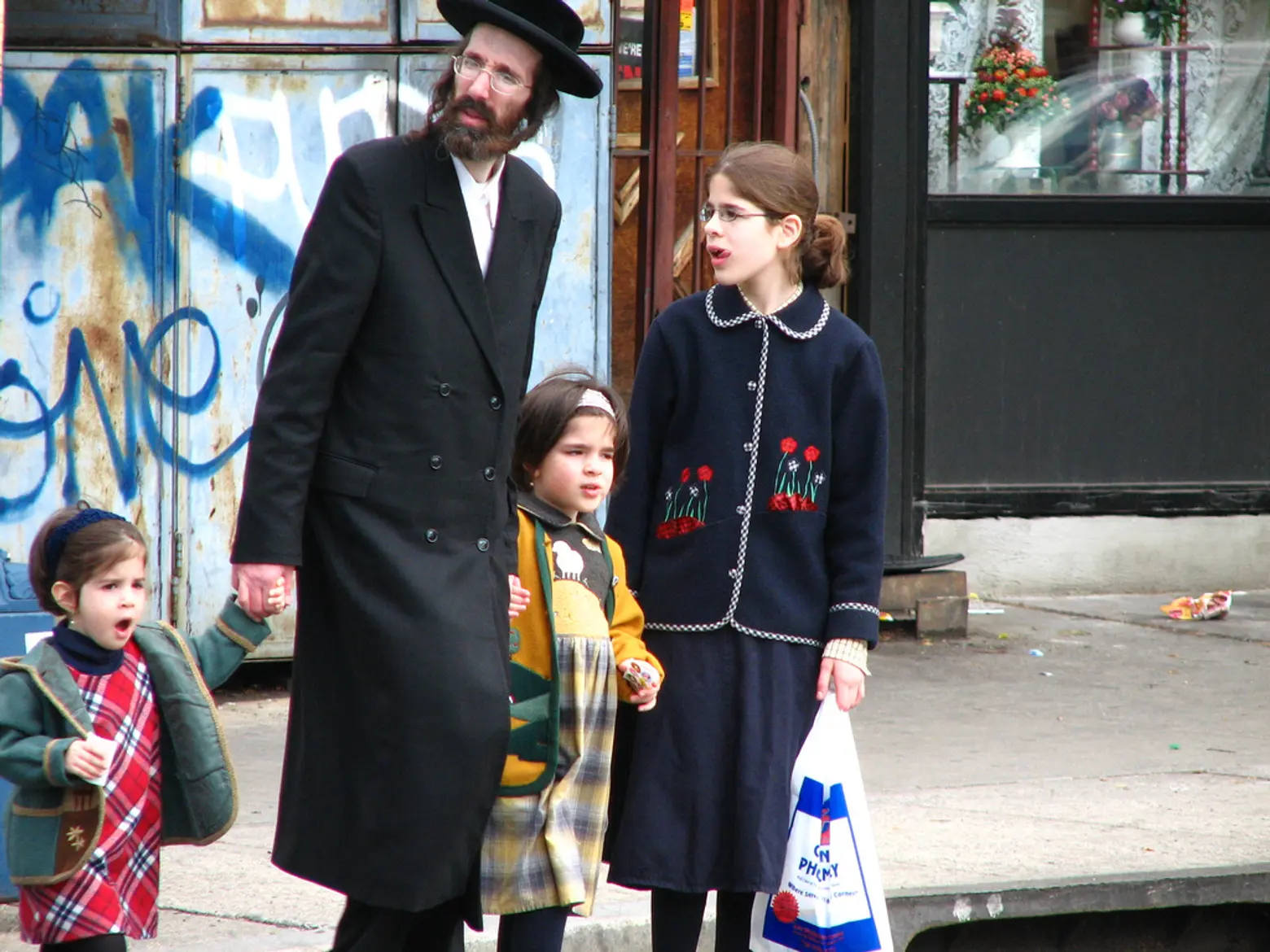
Certain neighborhoods are becoming increasingly sought after by observant Jews—but in keeping with what is written in the Torah, apartment hunting can be a formidable undertaking. Observant Jews not only have to deal with New York City’s low vacancy rate but they need to find a home that, most importantly, is within walking distance to shul (synagogue) from sundown on Friday to sundown on Saturday and some Jewish holidays—owing to the fact that Sabbath obligations, of which there are a lot, do not allow one to drive a car. It goes against what’s written in the Torah to start or extinguish fires during the Sabbath, and, well, cars burn fuel. And by the way, this also means cooking only one, single, solitary item.
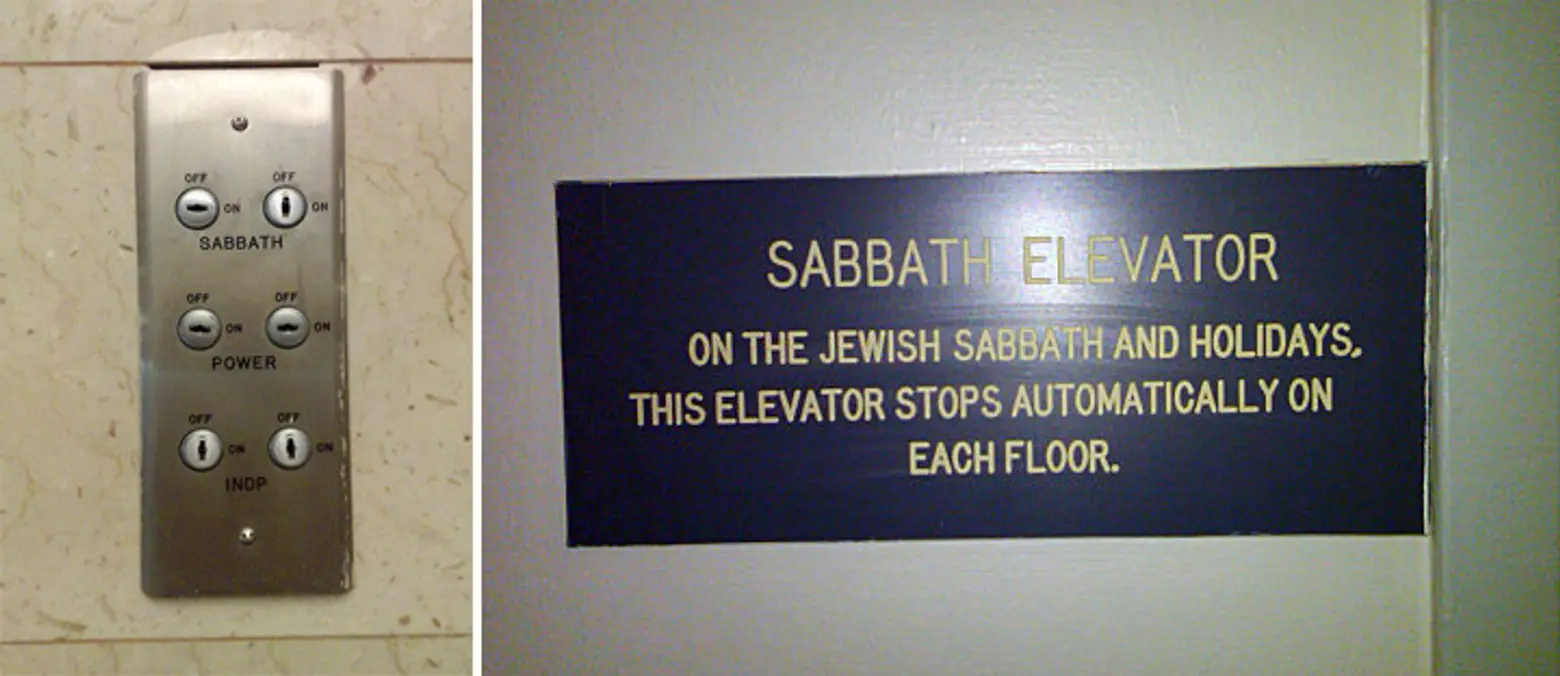 Images via Wiki Commons
Images via Wiki Commons
Another big-time wrench in the works is not being able to press an elevator button since it’s a Torah no-no to use any kind of machinery. One way to avoid trudging up and down multiple flights of stairs, or worse, from a penthouse, is to either buy a low-floor unit, track down an apartment building with a “Sabbath elevator” or, at the very least, find an apartment house willing to declare the offering of one by simply programming the elevator to stop at every or every other floor.
“I have never seen people willing to use stairs if the apartment is on a high floor unless there is a Sabbath elevator or they are willing to make special arrangements with the doorman,” said Jackie Urgo, the president of The Marketing Directors. But Nataly Rothschild, a broker at Engel + Völkers said some of her observant buyers do insist on finding an apartment on lower floors and nothing, not even “subtle” arrangements with the doorman, will sway their decision.
As a way to skirt the law after buying on a higher floor, some observant Jews will “accidentally” bump into the elevator button by way of a fake sneeze or cough. Others will wait for a non-Jew to enter the elevator and push the button, and then just walk from the floor they land on—or they will ask that individual to press their floor as well.
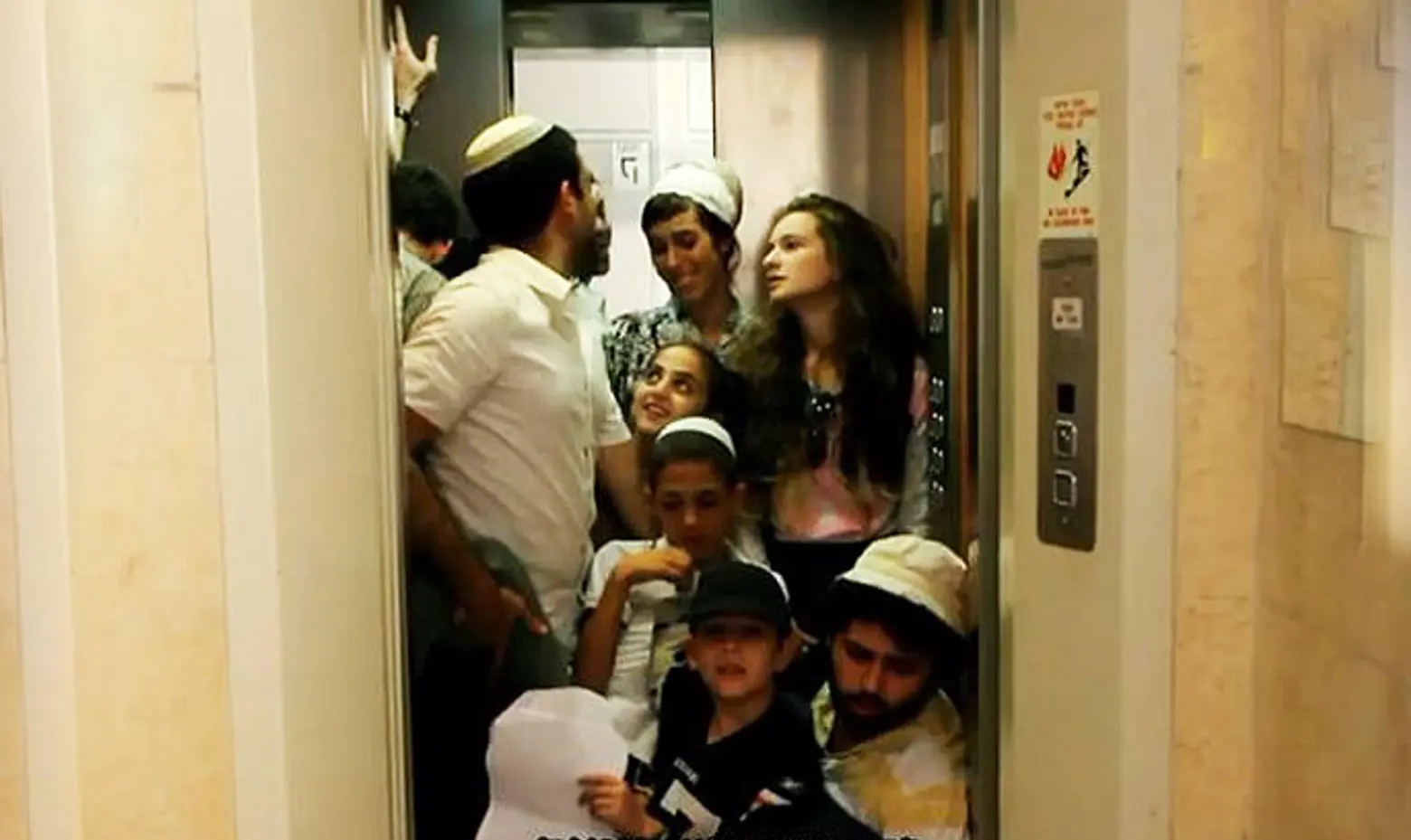 Image via Times of Israel
Image via Times of Israel
Another fly in the ointment is the fact that brokers do not include the availability of a Sabbath elevator in their listings or in advertisements—that would be violating the Fair Housing Act, which prohibits discrimination based on race, religion and disability or having children. In other words, including that amenity would make it appear that an apartment (or apartments) is not being offered to the general public, but instead is being targeted at a single group. It’s also a violation for brokers to answer questions that have to do with a neighborhood’s prominent religion, ethnicity or how many synagogues are in the neighborhood.
Still and all, observant buyers who prefer a lower floor are under the wrong impression if they think they’ll find a bargain. First, there is the problem of Manhattan’s low inventory, and second, if there’s a synagogue, a private Jewish school or even a much sought-after public school—these lower floor units can actually sell at a premium that could mean 10 to 30 percent more. Take the Upper West Side and Upper East Side for example, these neighborhoods have a high concentration of synagogues (there are no less than 25 between sides of town) that cater to both conservative and orthodox Jews.
For those not wishing to get into a game of charades or would rather not have the doorman decipher code when it comes to elevators, there is a small collection of buildings that use a Shabbos-mode elevator—though some return to regular service for perhaps five or ten minutes to avoid complaints from other residents who aren’t in the mood for a long wait or ride. That list includes the luxurious condominiums at 535 West End Avenue between 85th and 86th Street and Heritage Trump Place at 240 Riverside Boulevard between 71st and 72nd Streets. For Lower Eastside co-op buyers, both Seward Park and the Hillman Village on Grand Street have multiple Shabbos elevators.
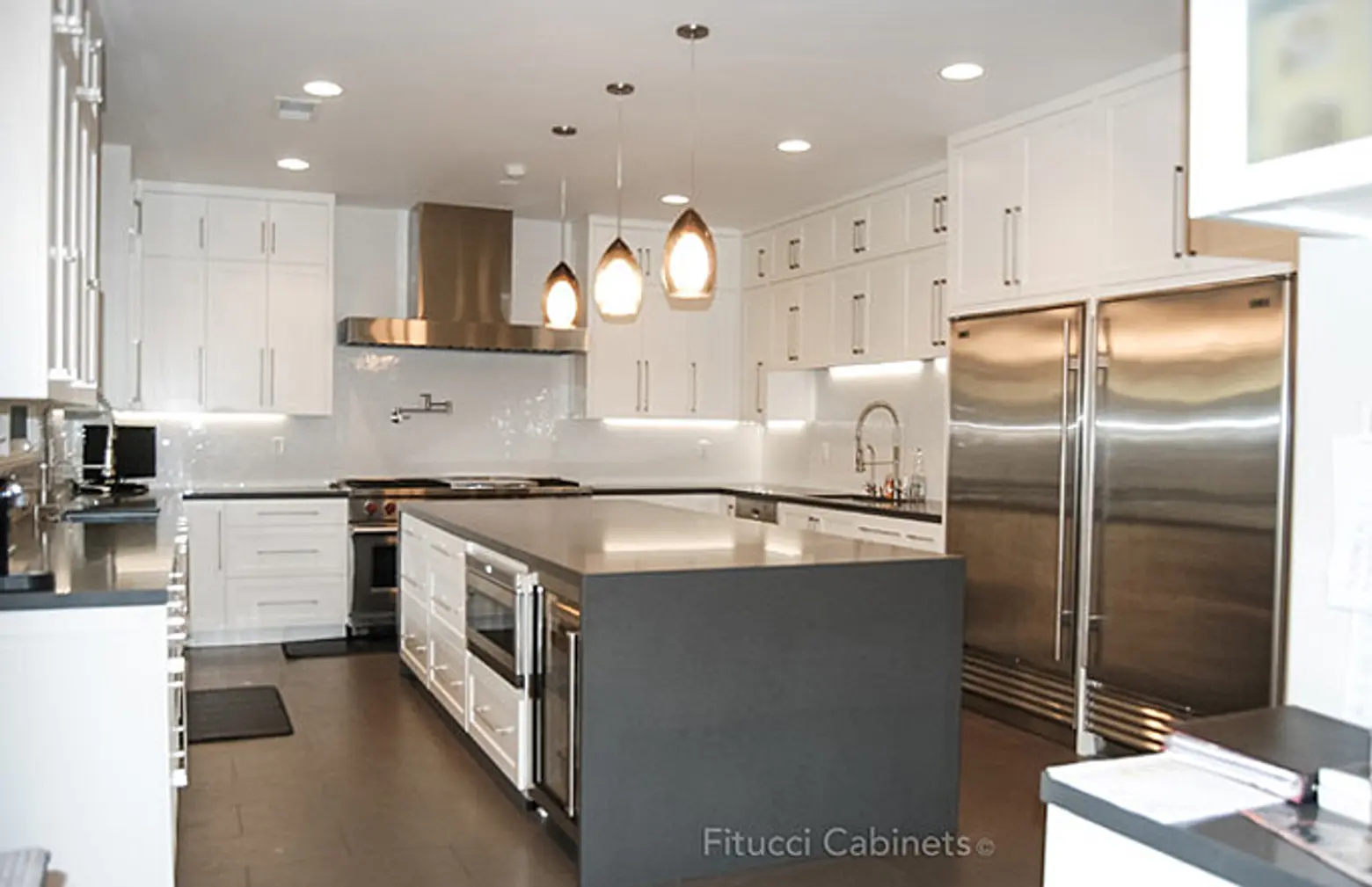
A kosher home is also an important element of living as an observant Jew. This means that the entire kitchen, including eating areas, linens, cookery, placemats, cabinets, dishes, utensils, sinks, counter space and appliances are separated in order to segregate dairy and meat products. To put it plainly, the kosher-keepers need to actually create what might be described as two separate kitchens, especially since even the slightest residue of a non-kosher substance will render the food not kosher.
“I worked with a young observant buyer and his fiancé, but it took about a year to get it all done,” said Curtis Goldstein, a broker at Halstead Property. “They needed to be on a lower level, so we only looked at apartments below the fifth floor. They were, however, open to renovation in order to create a kosher kitchen that would work best for them. We finally honed in on three or four possibilities given that the lack of inventory was a huge challenge, but we finally found the ideal apartment on the third floor at the Sabrina at 240 West 98th Street…where they utilized the existing footprint of the kitchen and hired a kitchen designer who specializes in creating kosher kitchens.”

“A lot of my clients are observant Jews and do keep kosher, so obviously they need kitchens large enough to accommodate a duplication of appliances, cabinetry, dishwashers and sinks, even if it might mean a gut renovation,” said Sandra Smith, a broker at Urban Compass. “Another common request is private outdoor space large enough build a sukkah during the fall festival of Sukkot. With all these requirements…even if they forgo the terrace, I don’t think orthodox families should consider anything less than a classic six since they tend to have a lot of children.”
For Sale
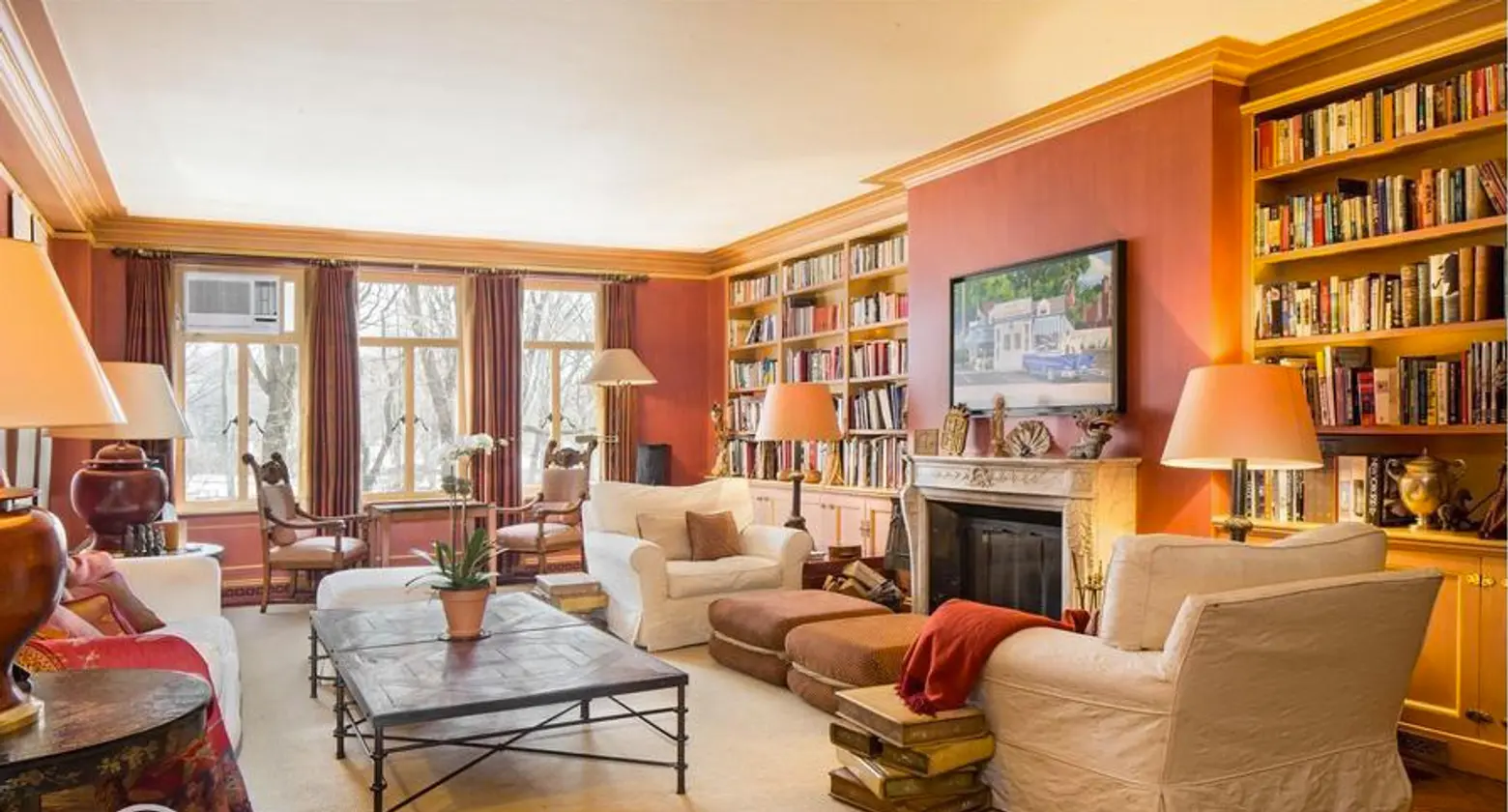
Currently, Douglas Elliman is offering a second-floor, three-bedroom home in the Beresford at 211 Central Park West and 81st Street. Long considered one of the city’s most coveted buildings, this fully renovated corner unit has approximately 3,600 square feet of living space. Originally a nine-room residence, it was converted to eight rooms in order to create a very large kitchen that is now outfitted with state-of the-art appliances and finishes, along the original steel cupboards. The living room, which overlooks Central Park, has a wood-burning fireplace and custom built-ins—and is adjacent to the formal dining room. The park-facing master suite has an expansive custom-built walk-in closet and an en suite bathroom. The unit has a separate maid’s room, a lovely library as well as an in-home washer and dryer. Communal amenities include a health club and storage. It’s currently priced at $8.950 million.
There are three low-floor apartments for sale (third, fourth and fifth floors) ranging from approximately 2,202-square-feet to 2,2,639-square feet at The Orleans at 100 West 80th Street between Columbus and Amsterdam Avenues. A development marketed by Halstead Property Development, these large units have four or five bedrooms. As a converted pre-war built at the turn of the 20th century, expect 10-foot-high-ceilings, in-home washers and dryers and some with views of the Museum of Natural History. These lower floor homes are currently priced from about $4.3 to $5.9 million
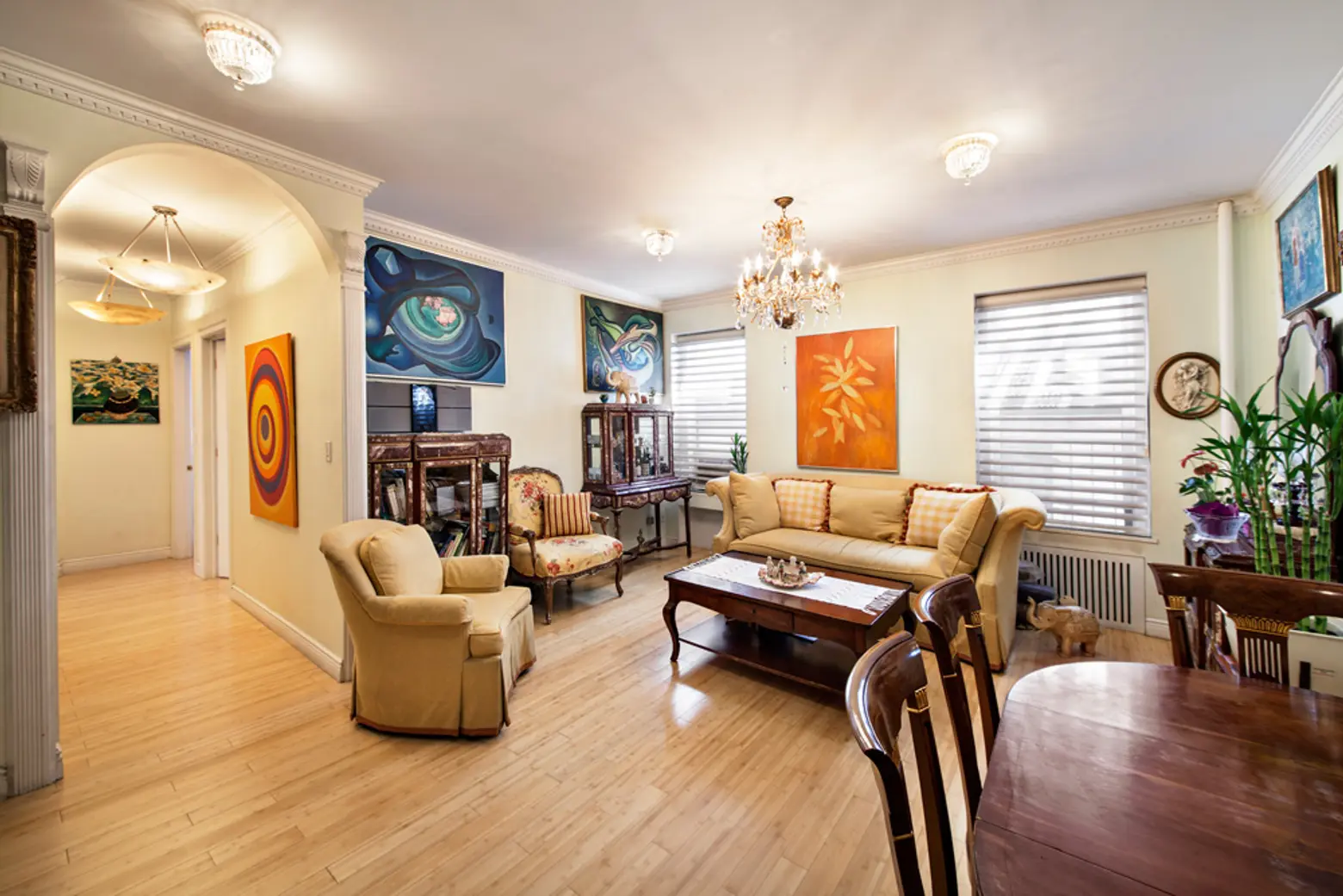
A fully renovated three-bedroom co-op on the second floor at 56 East 87th Street between Madison and Park Avenues is available through TOWN Residential. Priced at $1.495 for nearly 1,100 square feet of interior space, it features bamboo wood floors, high ceilings with soaring archways, oversized windows and Gothic moldings. The master suite has a marble-lined en suite bathroom, a large kitchen boasting wood and glass cabinetry and granite worktops, and a library.
 Image by Roman Iakoubtchik
Image by Roman Iakoubtchik
Lead Image via Wiki Commons
Explore NYC Virtually
Leave a reply
Your email address will not be published.
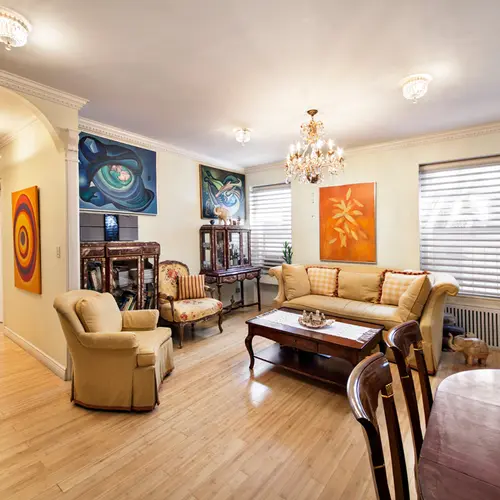

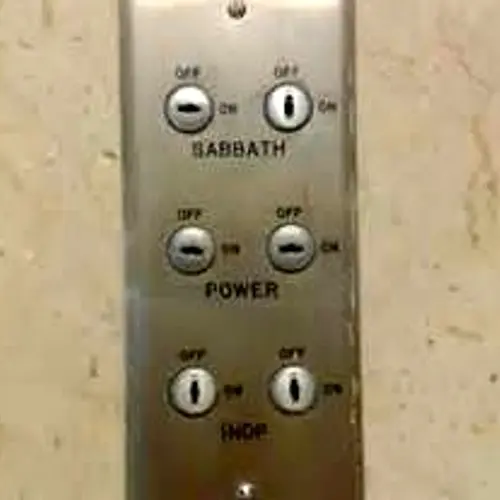
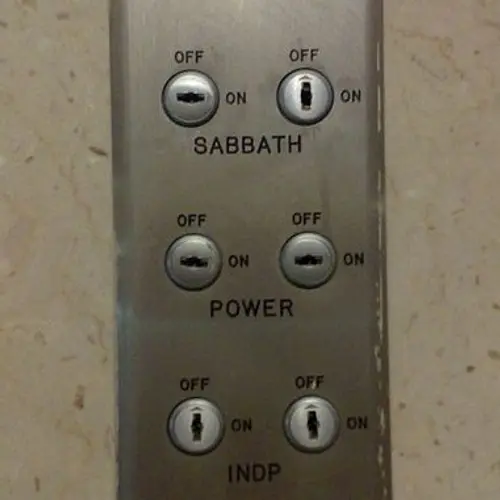
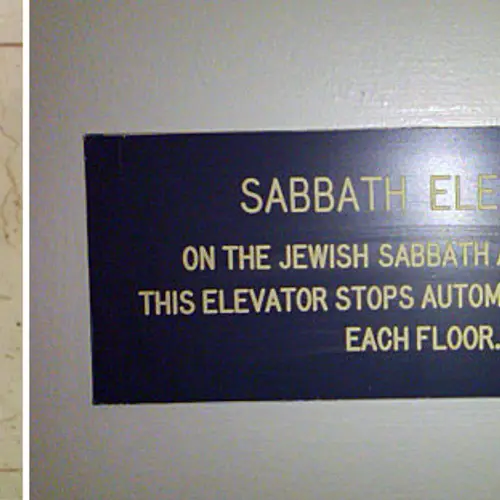
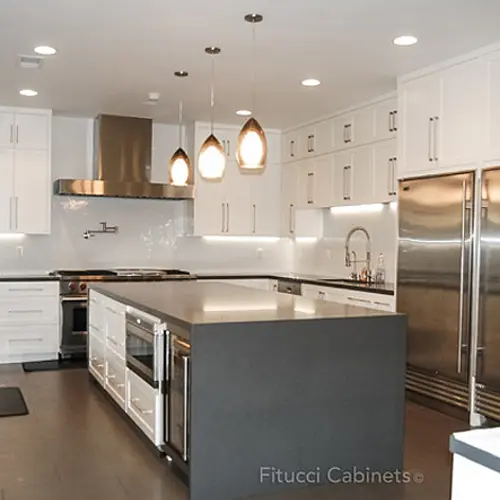
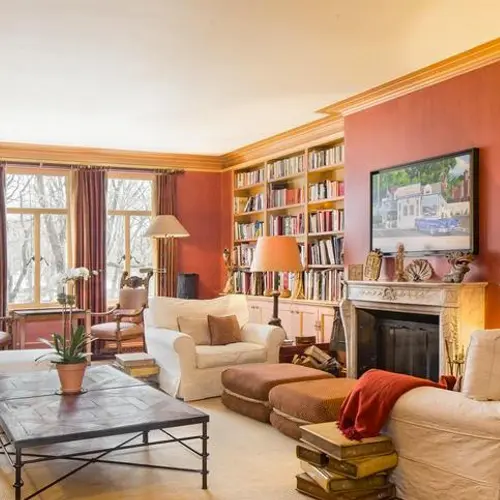

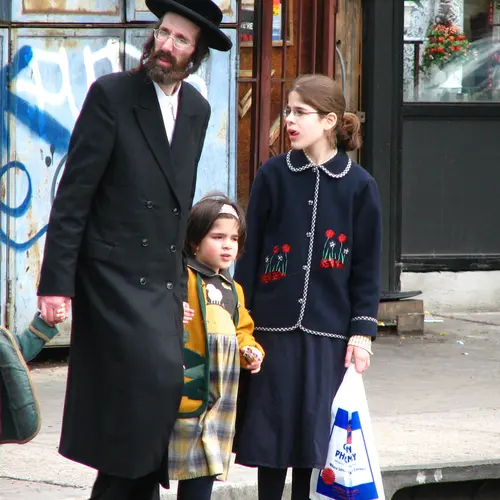

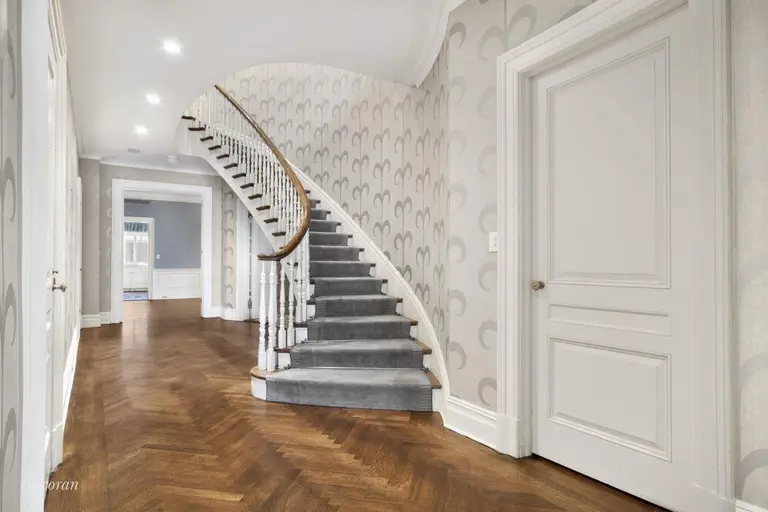



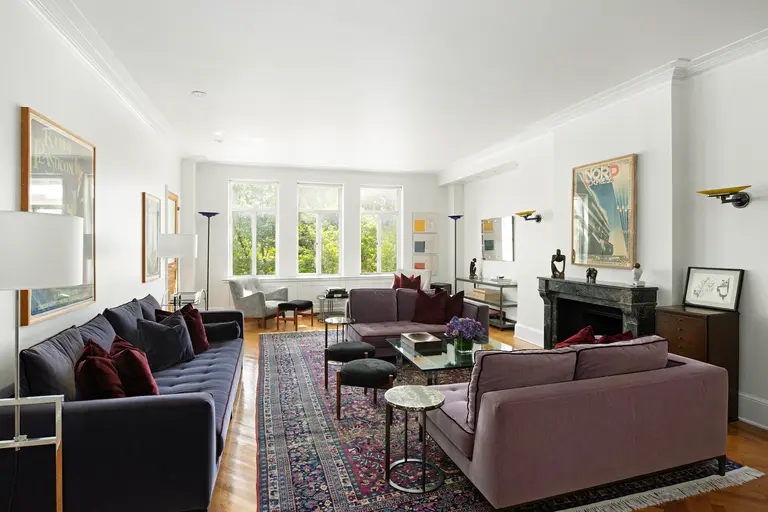





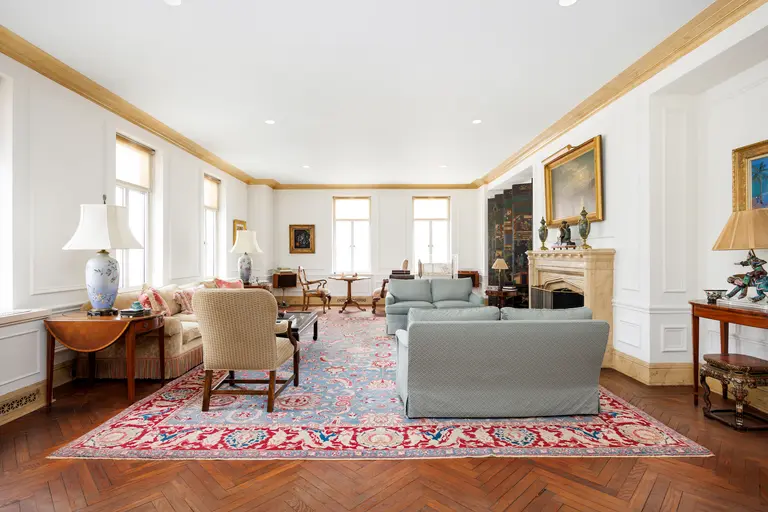
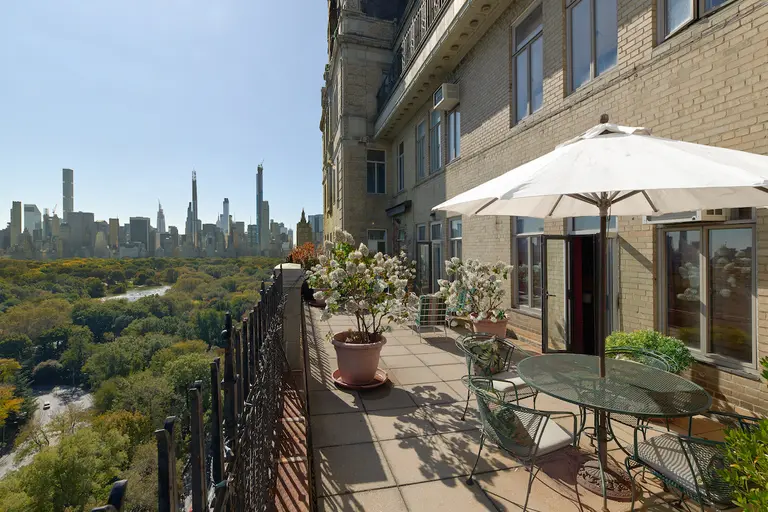
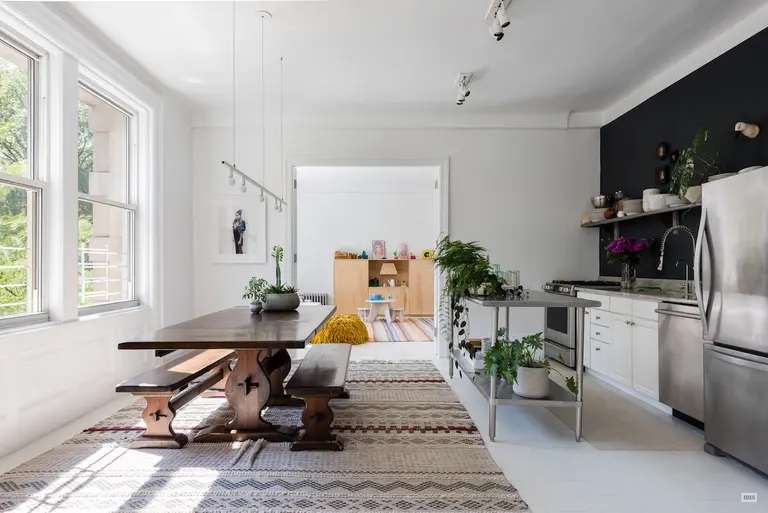
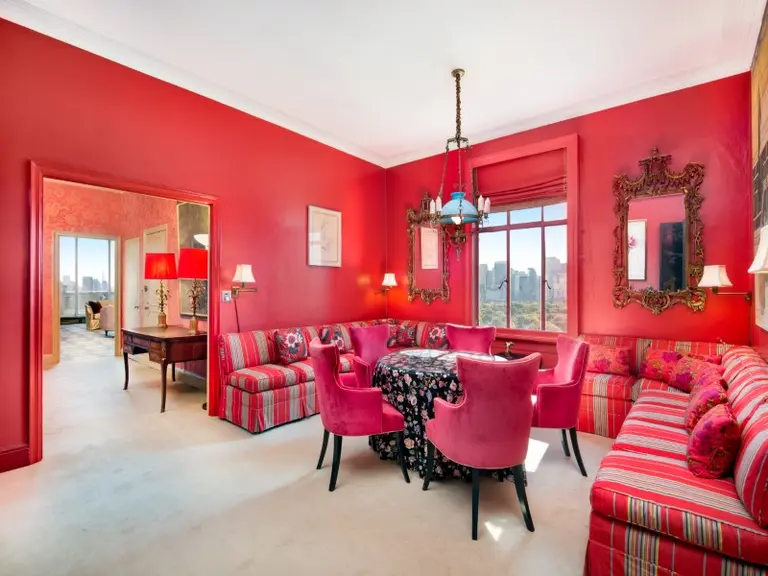













Very interesting . Considering the volume of observant buyers in NYC it would be so helpful if brokerages had a “Shabbat friendly” tab in their database, right? 🙂